Batangan Lingo: Learning Batangueño Words and Their Meaning

I have been doing some digging to see if there is anything new I can share with readers that they still do not know yet. However, it is still a quite big challenge for me to showcase all the wonderful things we have here in the Batangas considering how huge the province is.
We have destinations, cuisines, and cultures that we are very proud of. But apart from those, one of the things that reveal our identity as Batangueños to the non-natives is our colorful dialect. However, not all non-native speakers can communicate effectively in our language. If we happen to be somewhere else, people sometimes misunderstand Batangueño words. So, allow me to enlighten you on the meaning of a few terms commonly used by Batangueños that you may not be familiar with. There are more words to learn from us—not just an “Ala Eh!”
Batangueño words and their meaning
ATUNGAL
It’s a word for when someone is crying loudly.
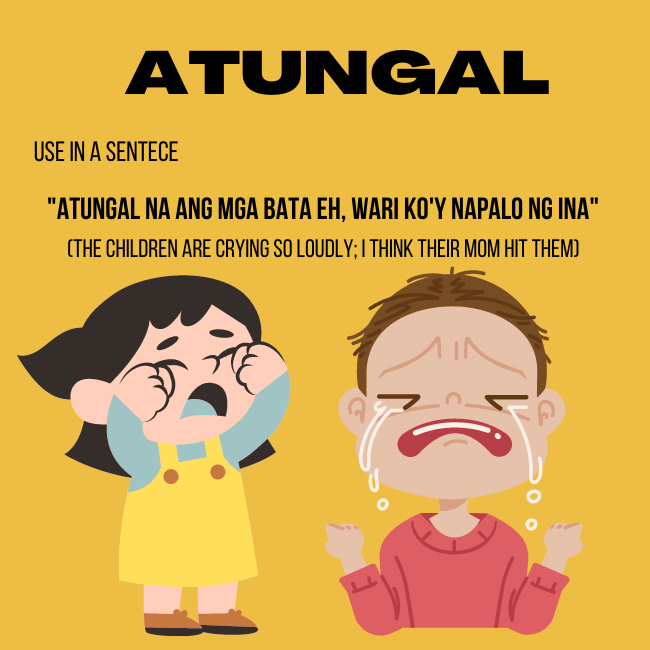
BABAG
It’s a word for when two or more people are arguing or fighting with one another.
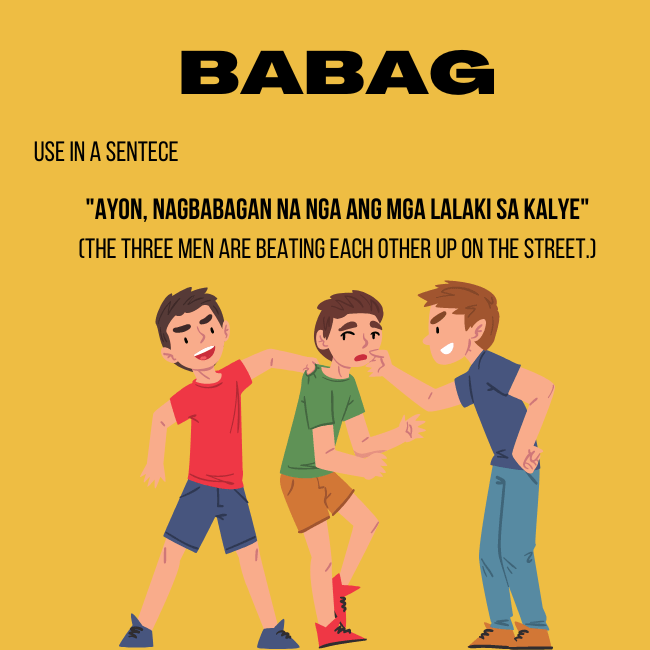
BAHITE
It means you have no money or are completely broke. When Batangueños have run out of money, they often use this term.
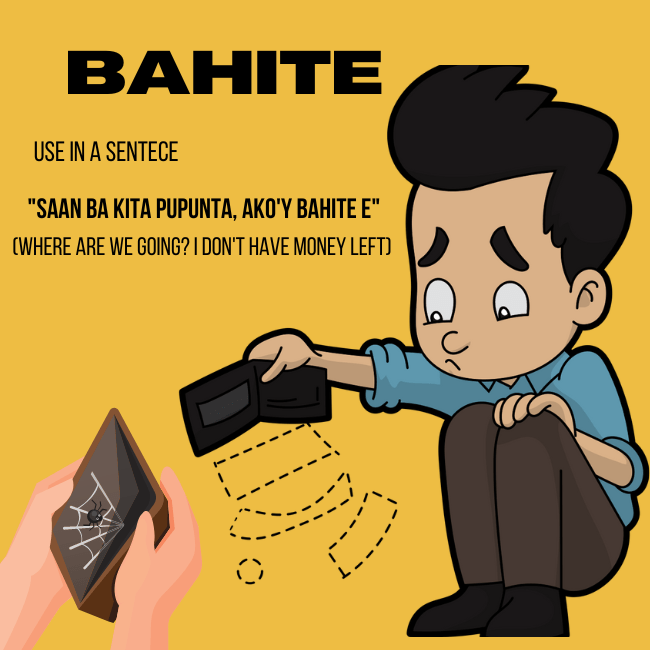
BAREK
It means “to drink alcoholic beverages” or “inuman” in a simple way. Batangueños are known for being alcoholic, so ‘barek’ is a very common thing here.
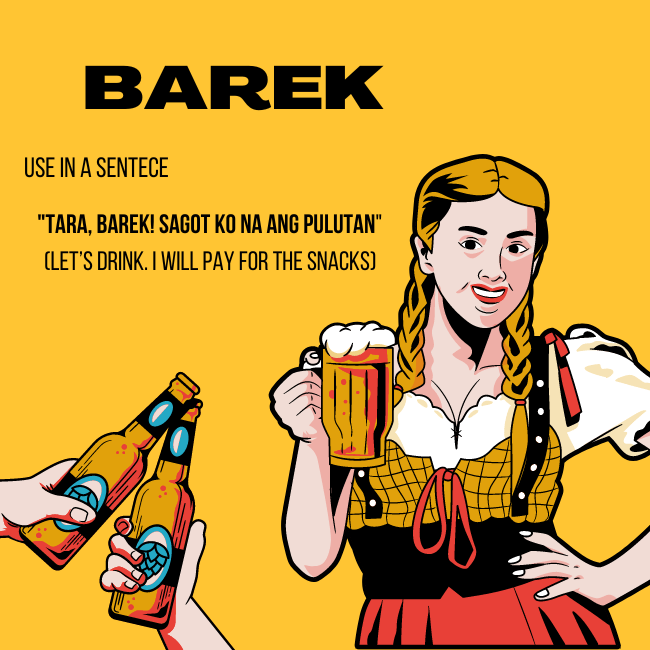
BANAS/KABANAS
It is a term used to describe hot weather or a situation. But non-natives use the term “Banas” to indicate irritation with something or someone.
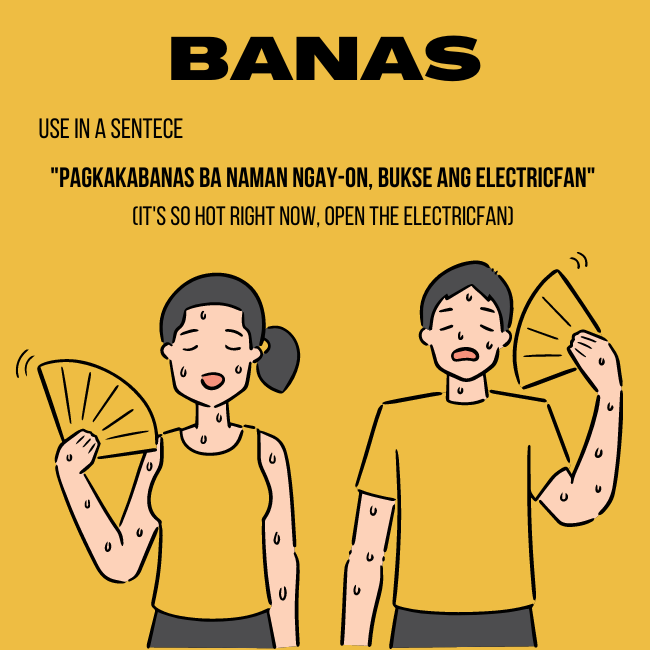
IMIS
It means “to clean” the house or clean up the mess.

SUNGABA
It’s the word for when somebody trips/falls to the ground. “Nadapa” in other words.
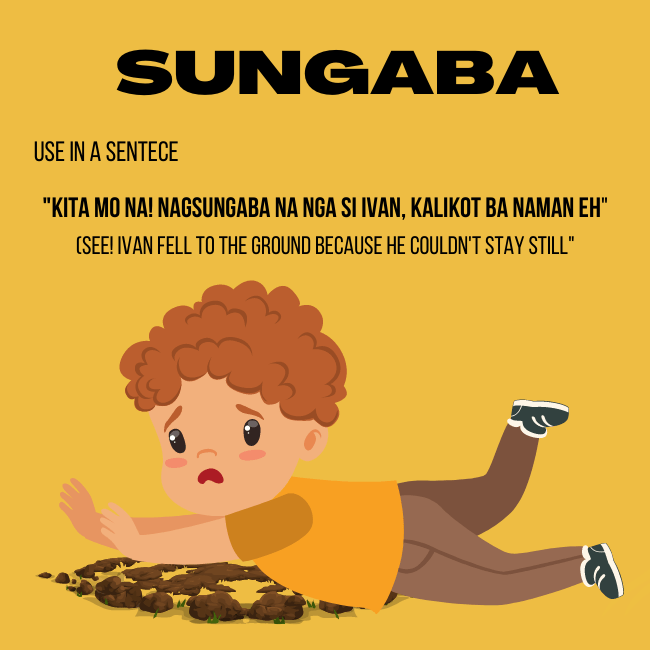
TUBAL
It’s a word for “dirty clothes.” Locals, particularly Manileños, refer to it as “maruming damit,” but in Batangas, we call it “tubal.”
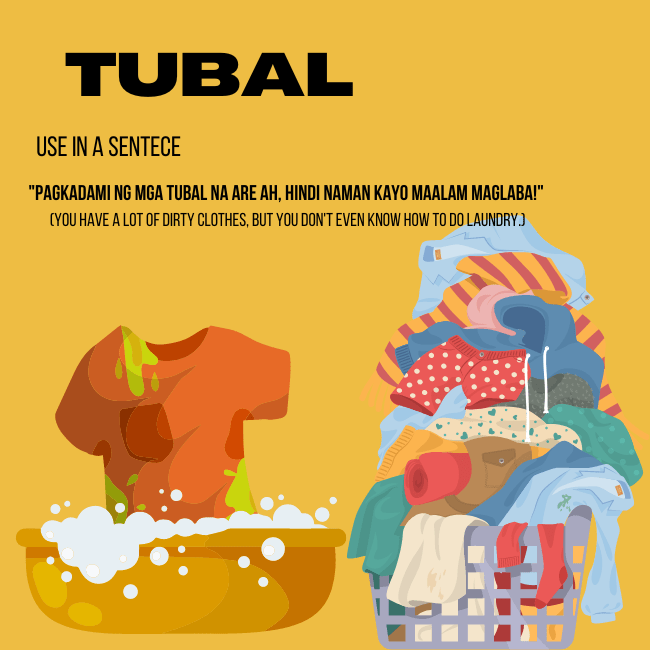
UTAS
It’s a term for when someone laughs overly.

YAKAG
It’s a word Batangueños use when they want you to join in on a celebration, hang out with them, or go somewhere with them.
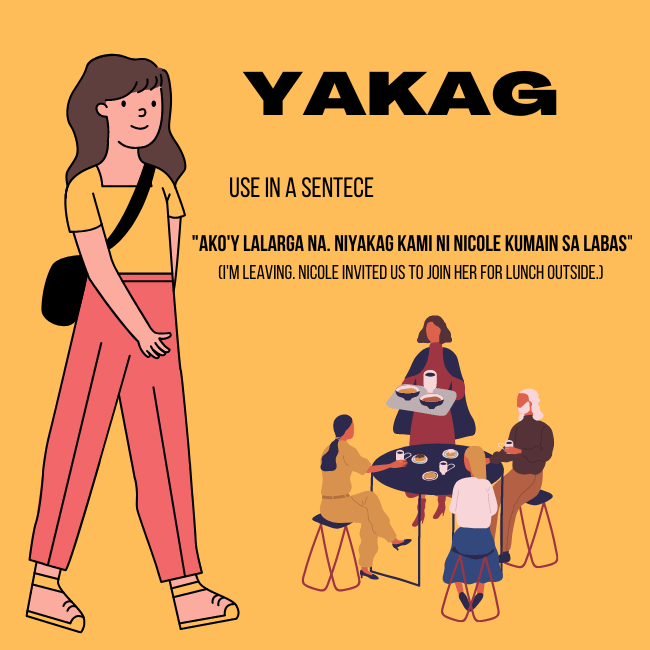
I can definitely argue that we Filipinos can pick up any language or dialect we discover. One of the reasons why is that it’s so exciting to expand our linguistic horizons and become fluent in a new tongue, allowing us to better communicate with everyone we meet. The point of this article, however, is to clear any confusion that may arise when conversing with a Batangueño by explaining some of the commonly used terms that may be unfamiliar to readers.
If you want to read more of the author’s work, click here.
Judie likes to write about real-life stories because she wants her readers to understand what it's like to be there and feel the same emotions as the characters she is writing about. She has a great eye for detail and the ability to perform well under pressure because she has been a writer since middle school. And she wants to be the writer who can speak truth to power, stand up for the voiceless, expose hypocrisy, injustice, and bring attention to what she believes to be significant.






